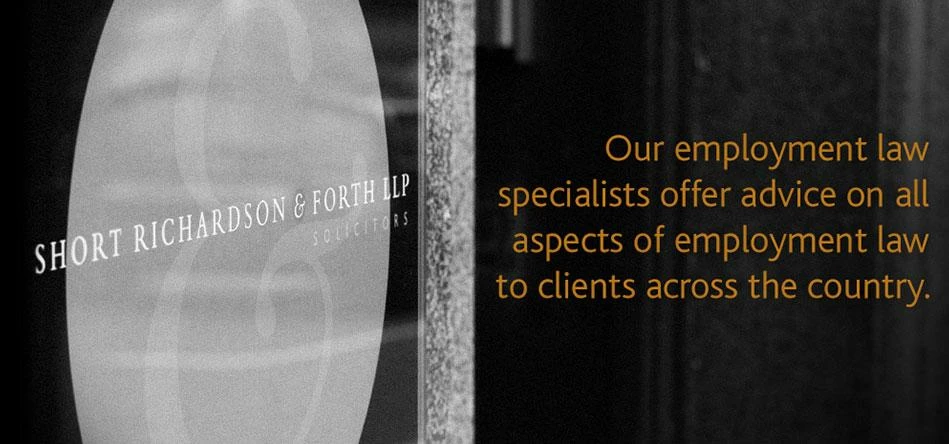
Partner Article
Equal Pay Day - Opinion
The Equal Pay Act now part of the Equality Act 2010 was and is one of the most radical pieces of legislation on the statute books yet still we face the situation where millions of women are underpaid and undervalued in the workplace.
The UK government has attempted to address this issue by placing greater pressure on employers to evaluate pay and also disclose further information. ACAS in particular has been keen to publicise this process and have highlighted the advent of Gender pay gap comparison tables coming in 2018. ACAS states that:
“Comparison tables based on gender pay gap are going to be used to encourage companies to do more to address pay inequality.
Companies with more than 250 employees will have to start calculating their pay gap from April 2017 so it can be published the following year. It is estimated that the measures will affect around 8,000 UK employers, who will be made to publish information on their gender pay gap and bonus pay gap details, including how many men and women are in each pay range.
They will have to post the information on their company website, and update it every year, with senior executives expected to sign it off personally.
The Government plans to publish the pay gap information by sector in comparison tables, making it easy to see where more action is needed.
To help employers implement the legislation, the Government announced a £500,000 support package, including conference events, free online software, and targeted support for male-dominated sectors.“
This is clearly an important step but it is only the first step to ensuring that fair remuneration is received. What is also important is that the role of women and particularly those returning from maternity leave is respected. Many women return to work finding that their job has mysteriously disappeared, has been diminished or that they have to take on lesser roles thereby wasting the considerable skills and talents that they have.
There is a moral and economic argument that employers refresh the view that women cannot return to work and perform their jobs. Given the technological age and the new emerging workforce that is part of the gig economy-providing women with new opportunities is not an insurmountable hurdle. There are key role models on how to support women in the workplace (largely based around family friendly policies for both carers) within the Scandinavian bloc.
UK employers facing the challenges of Brexit could take note-think differently and promote and protect the talents of women.
For further information or for a confidential chat please contact David Gibson at Short Richardson & Forth on 0191 232 0238
This was posted in Bdaily's Members' News section by lazy grace .
Enjoy the read? Get Bdaily delivered.
Sign up to receive our daily bulletin, sent to your inbox, for free.








 Raising the bar to boost North East growth
Raising the bar to boost North East growth
 Navigating the messy middle of business growth
Navigating the messy middle of business growth
 We must make it easier to hire young people
We must make it easier to hire young people
 Why community-based care is key to NHS' future
Why community-based care is key to NHS' future
 Culture, confidence and creativity in the North East
Culture, confidence and creativity in the North East
 Putting in the groundwork to boost skills
Putting in the groundwork to boost skills
 £100,000 milestone drives forward STEM work
£100,000 milestone drives forward STEM work
 Restoring confidence for the economic road ahead
Restoring confidence for the economic road ahead
 Ready to scale? Buy-and-build offers opportunity
Ready to scale? Buy-and-build offers opportunity
 When will our regional economy grow?
When will our regional economy grow?
 Creating a thriving North East construction sector
Creating a thriving North East construction sector
 Why investors are still backing the North East
Why investors are still backing the North East